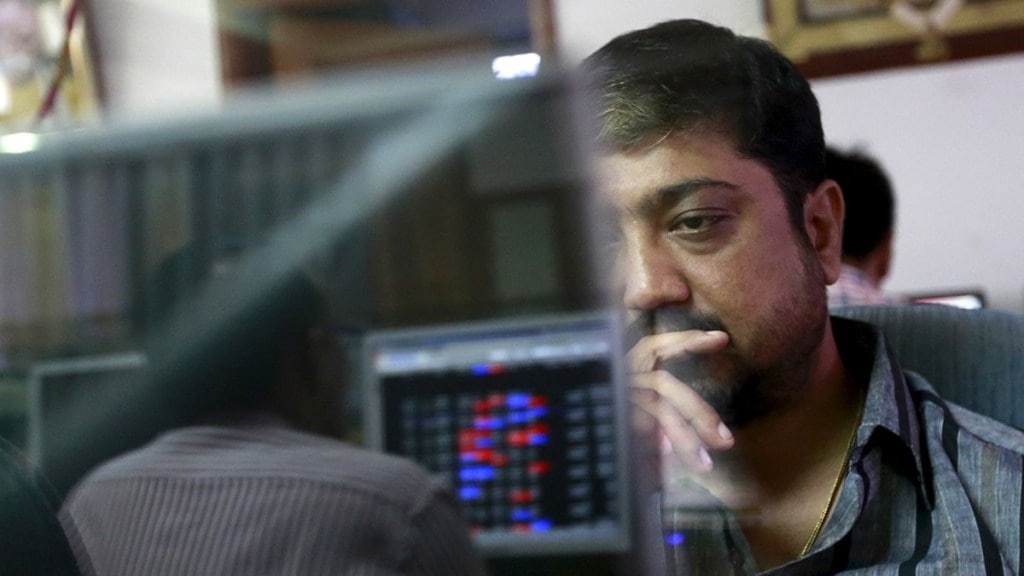Foreign institutional investors (FII) offloaded shares worth net Rs 1,725.11 crore, while domestic institutional investors (DII) purchased shares worth net Rs 1,077.86 crore on September 5, 2023, according to the provisional data available on the NSE.
For the month till September 5, 2023, FIIs sold shares worth net Rs 4,604.84 crore while DIIs bought shares worth net Rs 5,936.27 crore. In the month of August, FIIs offloaded shares worth net Rs 20,620.65 crore while DIIs added equities worth net Rs 25.16.95 crore.
“While markets extended gains for the third straight session, the mood was more or less range-bound with a positive bias as US markets were shut on Monday and investors preferred to take selective bets. One needs to be watchful about the sharp volatility in the rupee, which could impact FII flows going ahead. Technically, the Nifty is comfortably trading above the 50 and 20-day SMA (Simple Moving Average) and on intraday charts, it has been forming a higher bottom formation, which is largely positive. The 19,500 level would be the sacrosanct support zone for Nifty and above the same, the index could move up till 19,620-19,650. On the flip side, below 19500 bulls may prefer to exit from long positions and could slip till 19,450-19,420,” said Shrikant Chouhan, Head of Research (Retail), Kotak Securities.
Indian equity indices NSE Nifty 50 and BSE Sensex closed in the green on Tuesday, extending the two-day gaining streak. Nifty 50 ended at 19,574.90, adding 0.24% while Sensex rose 150 points to close at 65,780.26. The broader markets closed largely in the green, with Nifty Midcap adding over 1%, while Nifty Smallcap jumped 0.84%. Sectorally, Bank Nifty and Nifty Auto ended flat, marginally in the red. Nifty Media was the outperformer in the pack, jumping over 3% intraday. Nifty Pharma, Nifty FMCG and Nifty IT all added gains as well.
Foreign institutional investors (FII) or Foreign portfolio investors (FPI) are those who invest in the financial assets of a country while not being part of it. On the other hand, domestic institutional investors (DII), as the name suggests, invest in the country they’re living in. Political and economic trends impact the investment decisions of both FIIs and DIIs. Additionally, both types of investors – foreign institutional investors (FIIs) and domestic institutional investors (DIIs) – can impact the economy’s net investment flows.

